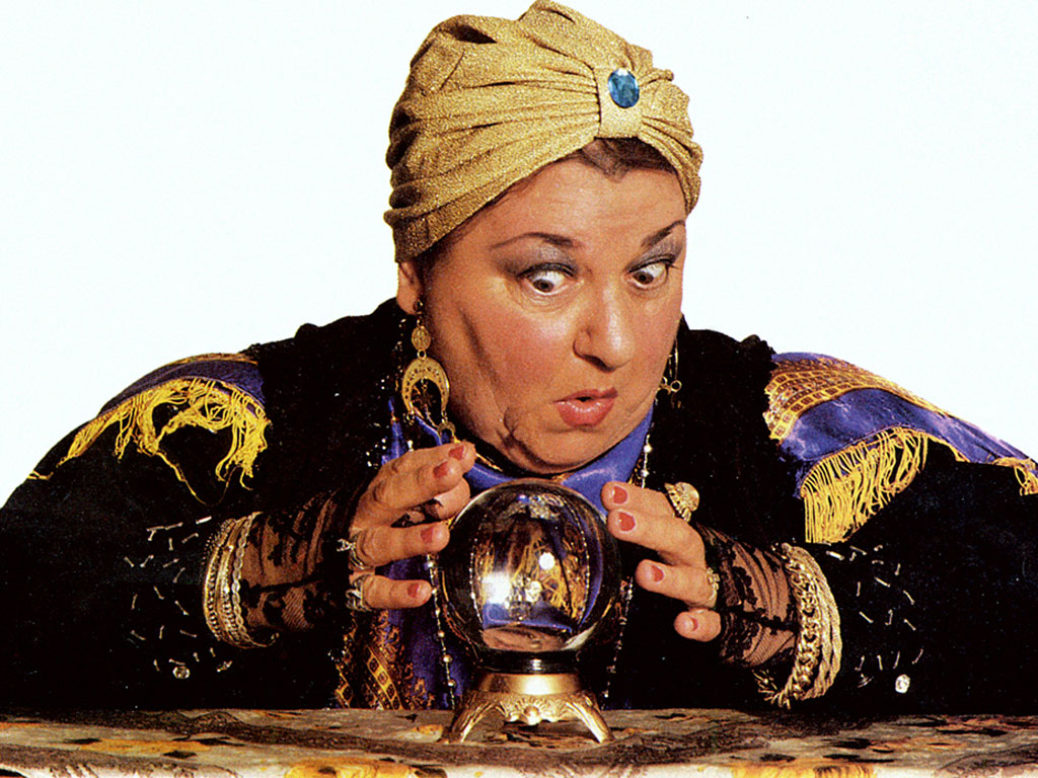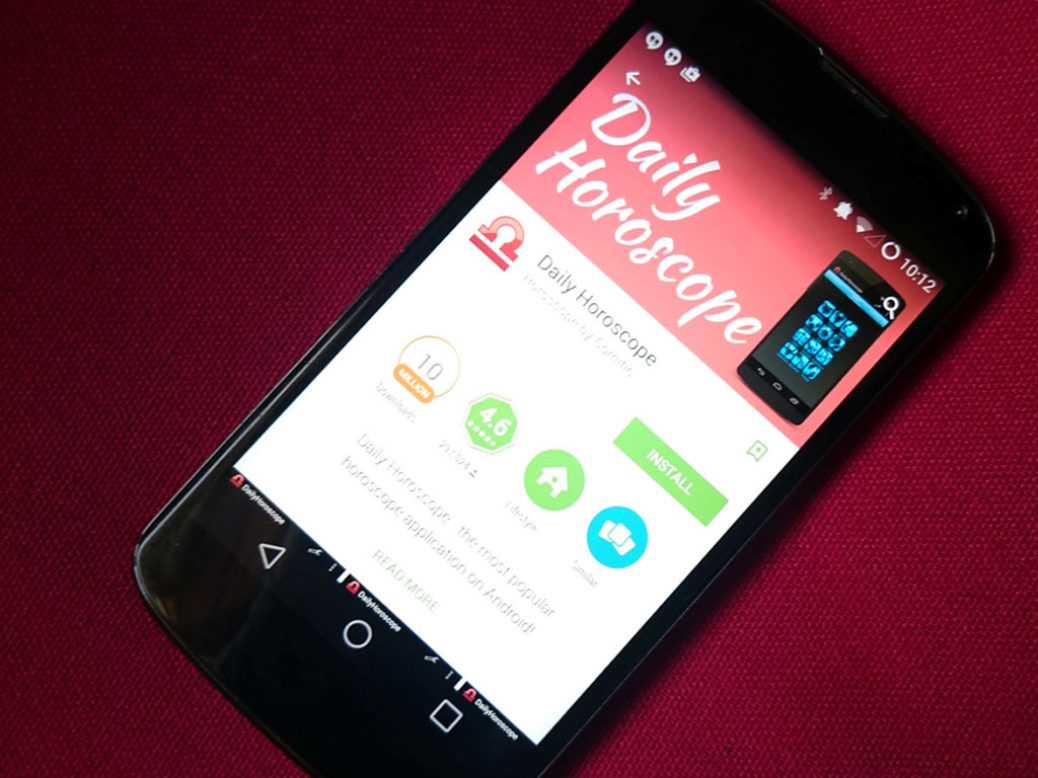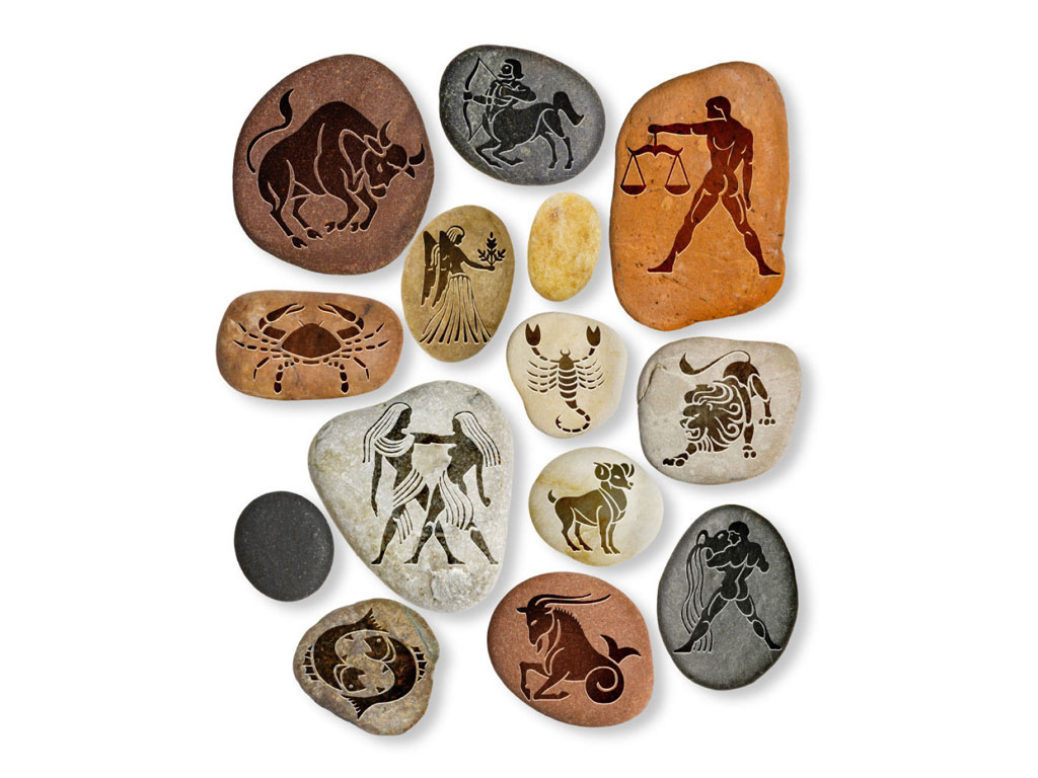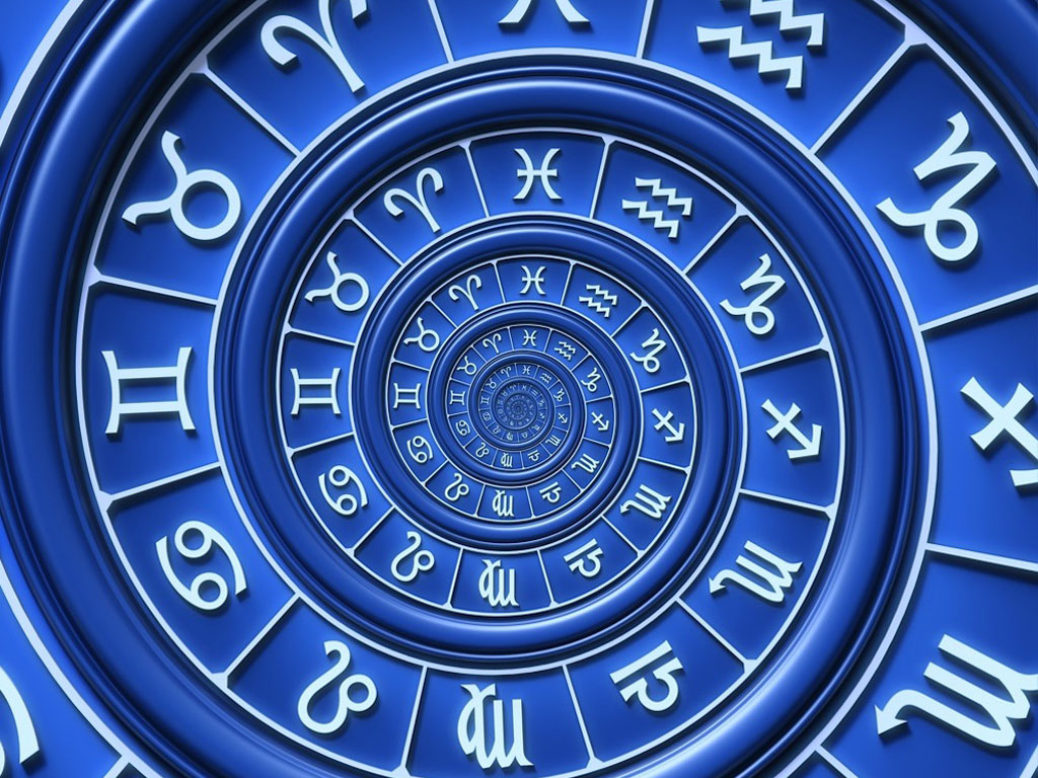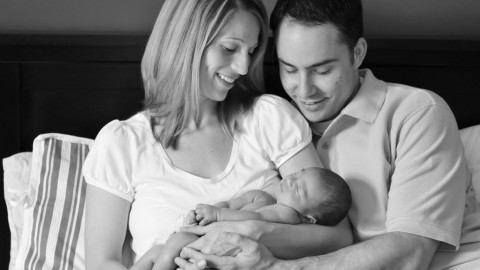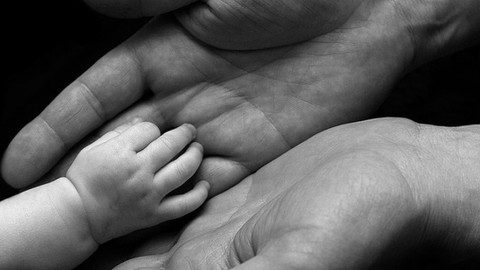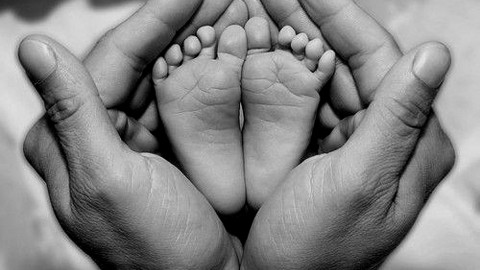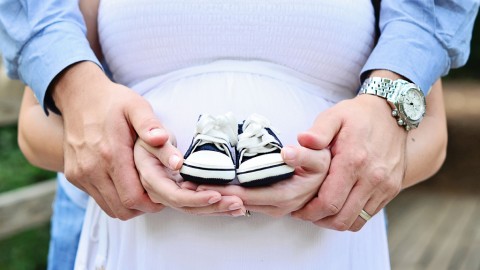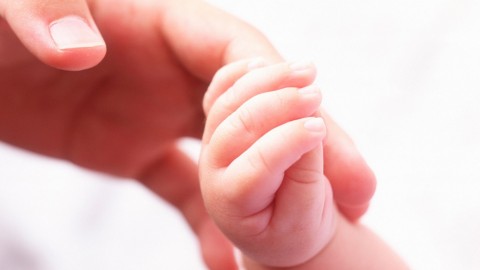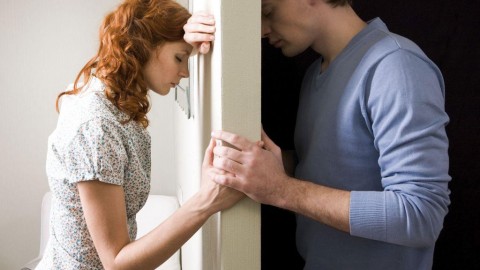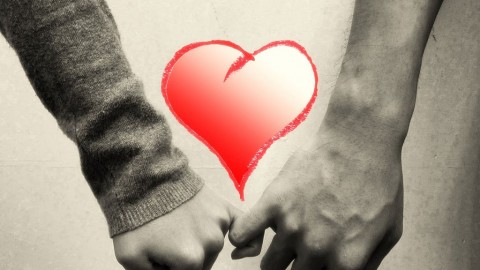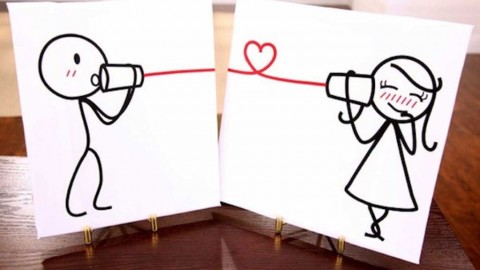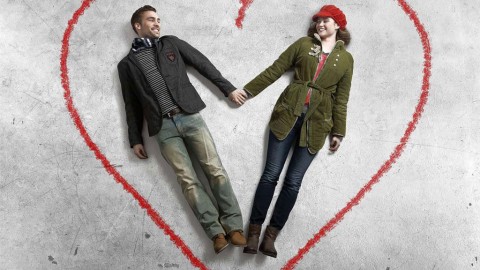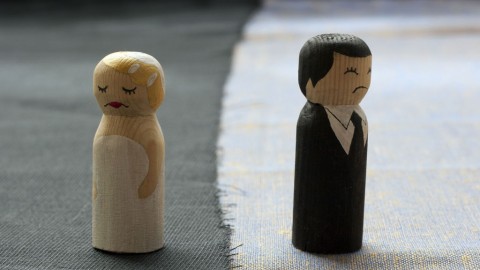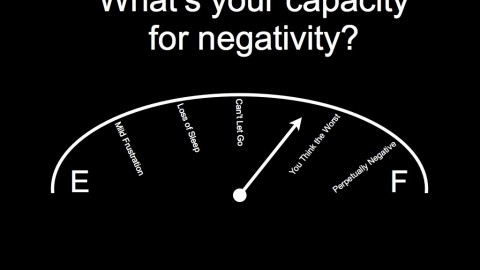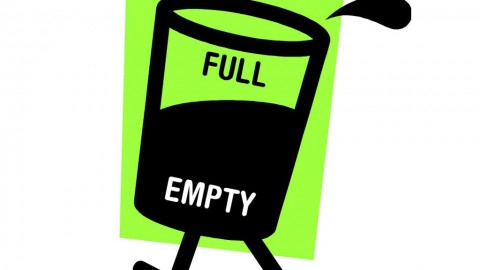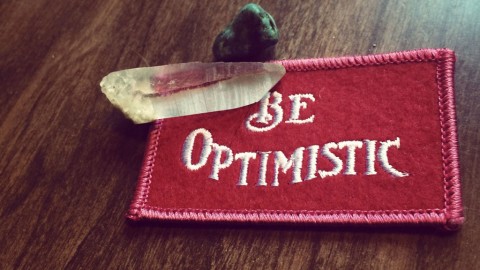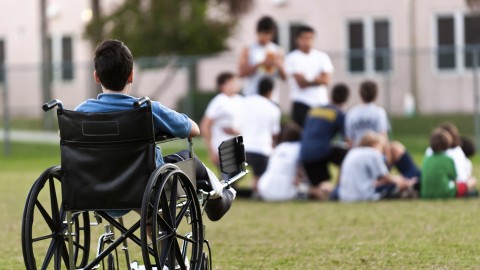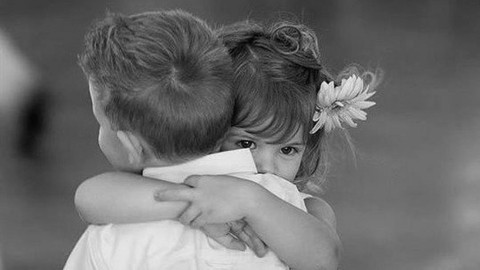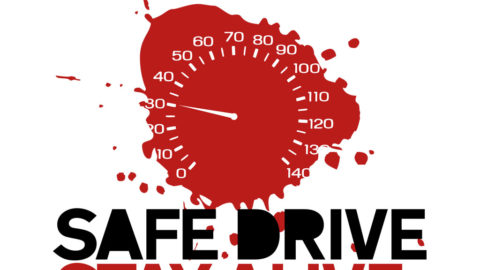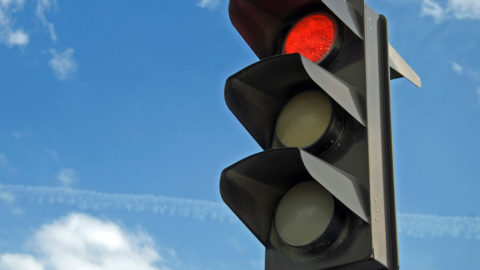According to relevant research, 60% of printed press readers read their daily horoscope. And 50% of them take into account the relevant prediction. Therefore, approximately one third of society (with women making up most of these numbers) defines their life choices according to the writings of a so-called expert.
One could argue that, at least where personality characteristics are concerned, astrology isn’t exactly the quack science some accuse it to be. For instance, you’re hardly ever going to meet a Leo who isn’t dynamic or a Gemini who isn’t spontaneous. But what happens with predictions? Is it possible that an eclipse, an entirely natural phenomenon, has an effect on people’s psychology? Or that Mercury in retrograde (an equally natural phenomenon) should be blamed for the tension that rose during the last (always surreal) tenants’ meeting? What’s the reason for the fact that, despite continuous scientific progress whose fruits become people’s common property through education, a large portion of people still reduce the questions of their personal life to the indefinable sphere of the twelve zodiac signs? Everything can be explained.
First of all, the categorization of people under the twelve zodiac signs fulfills the need to belong to a group. “We, Cancers, are sensitive”. “You got involved with a Sagittarius – you should have known better!” “My mother-in-law is a Virgo; spends every waking moment cleaning”. And many other sayings that satisfy the need you feel to share a common ground of characteristics with others (not too many, not too few). The need to belong is as old as humankind.
Secondly, the zodiac signs maintain our interest in a (for want of a better word) sit-com; none other than personal life. Last week, we were expecting a Jupiter and Mercury conjunction in Scorpio. Shouldn’t we see how it affected us in the end? Therefore, the lack of other important interests leads to the close observation of astrological predictions.
Thirdly, and most importantly, the zodiac signs lift the heavy burden of managing our freedom from our shoulders. You didn’t break up because you couldn’t establish trust; you broke up because he was an Aquarius. You got fired, not because you were inconsistent in your working hours, but because your colleague was a Capricorn – and, therefore, poisonous in her critique.
The poet wrote that “freedom needs virtue and courage”. Modern people, having in essence grown up wanting for nothing (as analyzed in other articles, e.g., “The sugar-coated choice of loneliness”), often don’t have the psychological strength required to take responsibility for their life choices and their consequences. They desperately need another shoulder – no matter how irrational – on which to place (conveniently and soothingly) the responsibility for their choices.
The twelve zodiac signs (the word derives from a diminutive of the Ancient Greek word for animal – even with the existence of the inanimate Libra) offer generously the blissfulness of irresponsibility, wrapped in a sense of belonging. They perpetuate ad infinitum the illusion of fatalism, which allows the subjects to keep blaming their bad luck on anyone else – other than themselves.
The need to shelter under the roof of fatalism surpasses even the need for scientific training that only a Master’s degree can provide. Because the first is directly proportionate to psychological weakness; while the second oft derives from the momentum built on middle-class perceptions about the accumulation of formal qualifications.
The only legitimate counter-argument to the above critique is people’s non-retractable right to maintain faith in whatever fulfills their needs. In turn, we can object to this by saying that the denial to assume responsibility pinpoints all initiative to zero and reproduces an outlook on life that is fateful and irresolute (an outlook that is more or less dragged behind Venus’s course through the skies); and that it is not followed by a readiness to manage the consequences. In other words, when you place all responsibility for your marriage on Ophiuchus, it is rather illogical to grieve for a divorce that happened because you did nothing to avoid it.
current_Panos



